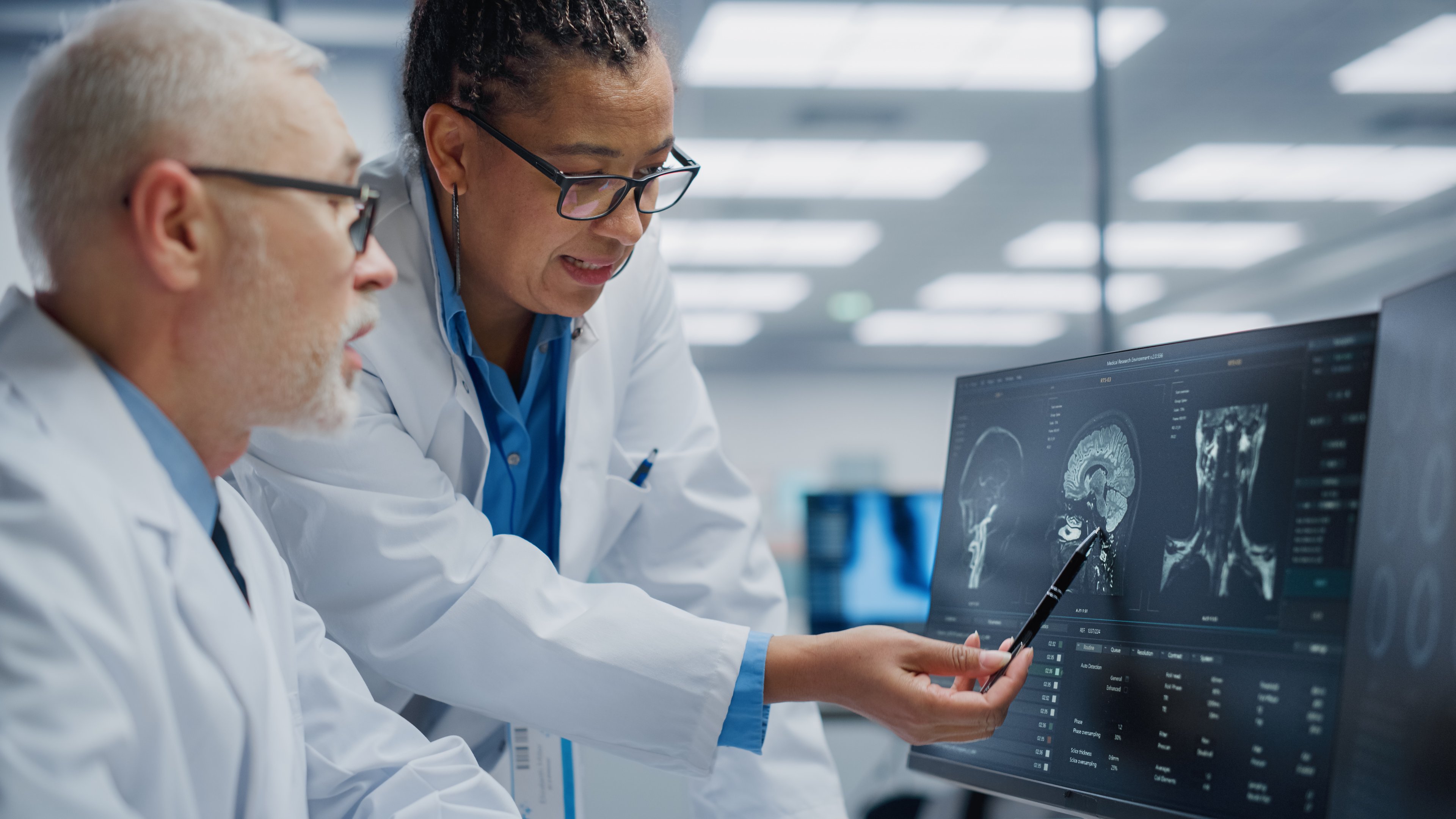In the age of COVID-19, social distancing measures have become the norm rather than the exception. As a result, many businesses are now struggling to stay afloat, and unemployment has soared. Fortunately, the U.S. government decided to step in, and on March 27, President Trump signed the Coronavirus Aid, Relief, and Economic Security (CARES) Act into law. The CARES Act set aside $250 billion to expand unemployment insurance and $500 billion in assistance to industries that are most vulnerable to the economic impacts of the ongoing outbreak.
The CARES Act will also provide most adult taxpayers in the U.S. with a check of up to $1,200. While many will use this cash to pay bills or make ends meet, others may well decide to set that money aside for investment purposes. If you are in the latter group, here are two stocks which, given enough time, could turn your $1,200 stimulus check into twice that amount.

Image Source: Getty Images.
A leader in the cancer diagnostic market
Exact Sciences (EXAS +0.08%) is a healthcare company that focuses on developing diagnostic tools for the early detection and prevention of cancer. The company's stock has been volatile of late, and not just because of the ongoing COVID-19 pandemic. On Feb. 24, Exact Sciences announced it was raising money by selling about $1 billion in senior convertible notes, which will carry an annual interest rate of 0.375% and will mature in 2028.
These convertible notes could dilute the value of Exact Sciences' existing shares once they come due. This news probably played a role in the company's stock sliding by about 13% in February. Then on March 19, Exact Sciences announced it was withdrawing its guidance for the fourth quarter and full fiscal 2020 due to the COVID-19 outbreak.
Interestingly, the company's shares soared by more than 30% on this news. Still, Exact Sciences' stock is down by 30.2% since the beginning of the year, whereas the S&P 500 is only down by 14.3% year to date. Here's why I believe investors should strongly consider purchasing shares of the company anyway.
Exact Sciences' core product is Cologuard, which can detect precancerous and early-stage cases of colorectal cancer. This cancer is the second deadliest in the U.S. after lung cancer, and early detection significantly increases the chance of survival. The company argues that this market alone presents an $18 billion opportunity in the U.S. And while Exact Sciences won't capture all of this market, the company is well-positioned to be one of the big winners.
Further, Exact Sciences has several products in its pipeline that could be growth drivers in the future. Most notably, the company's liquid biopsy for hepatocellular carcinoma -- the most common type of liver cancer -- won a breakthrough device designation from the U.S. Food and Drug Administration (FDA) last year. Liver cancer is the sixth deadliest cancer in the U.S., and Exact Sciences presented data last year that showed its liquid biopsy can detect hepatocellular carcinoma earlier.
Lastly, in July 2019, Exact Sciences announced it was acquiring Genomic Health -- which focuses on cancer diagnostic tests -- in a cash-and-stock transaction valued at $2.8 billion; the acquisition closed in November. This deal further strengthened Exact Sciences' product lineup and pipeline, and the company should capture an even larger share of the market as a result.
Exact Sciences is well-positioned to profit from the cancer diagnostics market for many years to come. Investors would do well to consider buying its shares right now.
Helping patients with chronic conditions live healthier lives
Livongo Health (LVGO +0.00%) is a company that offers a technology-enabled platform to help people with chronic health conditions -- particularly diabetes -- manage their illnesses and achieve better health outcomes. Patients who sign up for Livongo's services receive a tool kit, which includes blood glucose meters and test strips. Patients also receive personal assistance and feedback via digital channels, such as email.
The company charges subscription fees to its clients for these services, but it is worth noting that some health insurance companies also cover the costs of Livongo's services for their insured people. Livongo's membership base has grown at a good clip in recent quarters. From the first quarter of its fiscal year 2018 to the fourth quarter of 2019, the company's membership grew from 69,000 to 223,000.
Livongo Health's top line has benefited from the growth of its subscriber base: The company's revenue for the fiscal year 2019 soared by 148% year-over-year to $170 million. Livongo Health sees a huge opportunity to continue growing. The company argues that the diabetes market alone presents a $28.2 billion market opportunity in the U.S. And while this is its primary market, the company offers similar services to patients who have other conditions, including hypertension. The total market opportunity in the U.S. for both diabetes and hypertension reaches $46.7 billion, according to the company.
Lastly, the ongoing public health crisis is unlikely to have a significant impact on the company's financial results. Livongo recently released preliminary results for the first quarter of 2020, and the company updated its guidance for this quarter. Instead of revenue between $60 million and $62 million it previously expected, the company now expects revenue between $65.5 million and $66.5 million.

Image Source: YCharts
Linvongo's shares are already up by 52.04% year-to-date, but this healthcare stock could keep on climbing and provide market-beating returns for many years to come.






